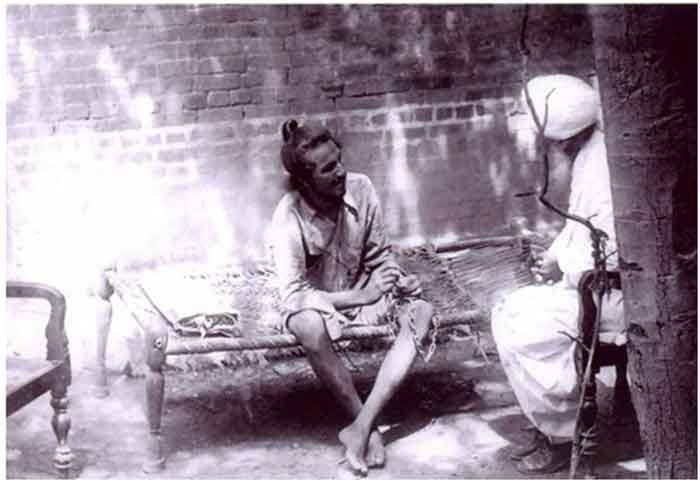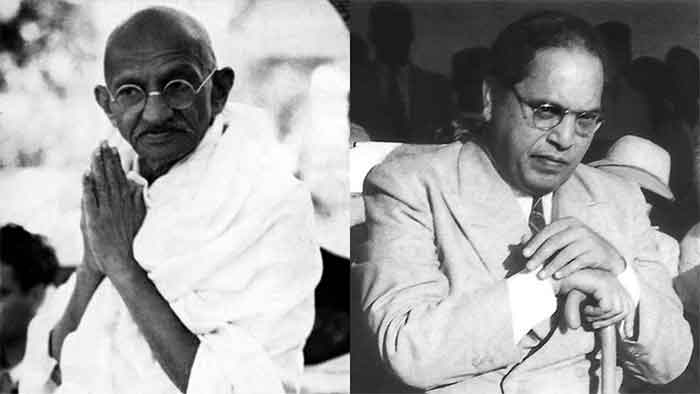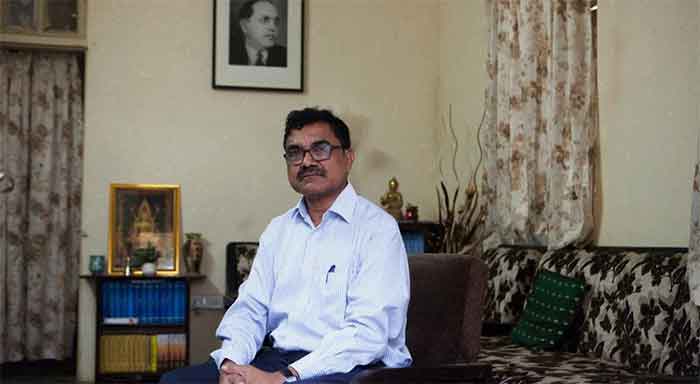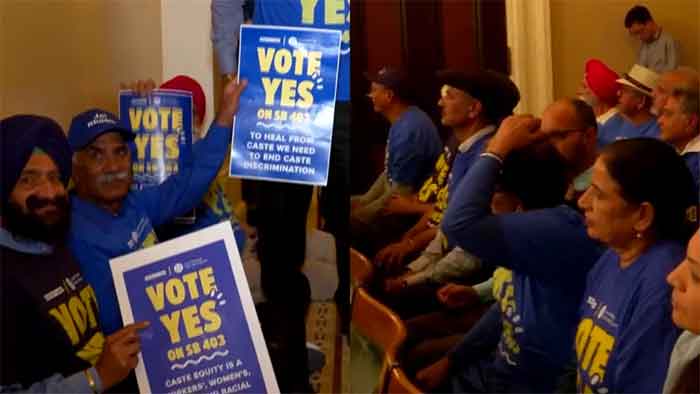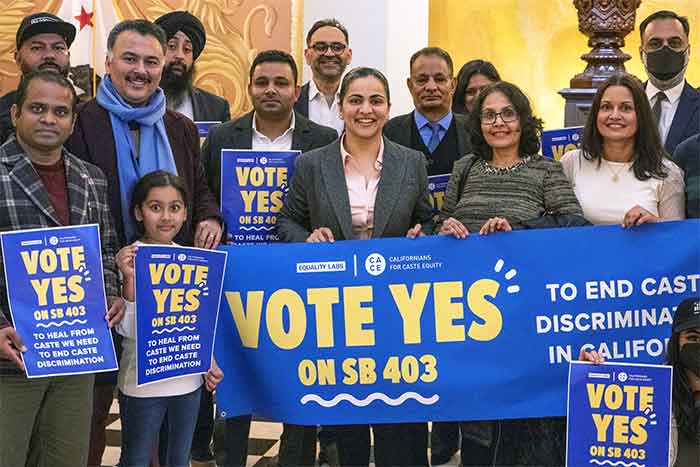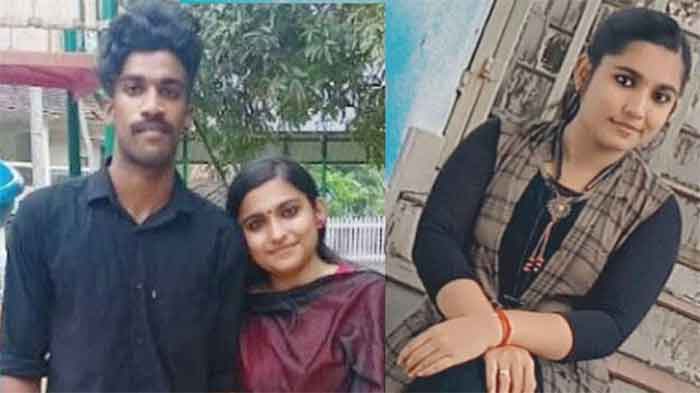
The news that fuelled the newsrooms of Kerala last year in October has returned to the discussions once again as Greeshma R Nair, the prime accused in Sharon Raj’s murder case, was granted bail by the Kerala high court on September 25th after being on trial for eleven months. Last week, she moved the Supreme Court for transfer of the trial to a court in Tamil Nadu jurisdiction as the attempt to murder was held there.
Sharon Raj, a 23-year-old boy from Parassala in the Thiruvananthapuram district of Kerala hailing from a OBC community, died of cardiac arrest after being hospitalized for ten days due to poisoning on October 25th, 2022. Five days after his demise, the ADGP (Law and Order) M R Ajith Kumar announced to the press on October 30th that his girlfriend, Greeshma R Nair, killed him. She mixed a pesticide called Kapiq in the Kashayam (Ayurvedic concoction) and gave it to him to drink with the intention of killing him. She confessed to the police that the primary motive for killing him was to end the partnership with the victim as her family had forcefully engaged her with another man. But even after repeated dialogues between both parties, Sharon was not ready to end the partnership with her. She alleged that the victim did not delete the intimate photos and videos even after her repeated requests. There were also speculations that Greeshma tried to kill Sharon because her horoscope revealed that her first husband would die soon. This has made her kill him by giving poison. They had solemnized their marriage in a church symbolically without informing their families. Since Greeshma and her family were highly superstitious, Sharon’s family had been alleging that this was a planned murder to kill Sharon, her first husband. According to Sharon’s father, Greeshma’s mother threatened her that she will commit suicide if Sharon’s family tried to proceed with the marriage proposal.
But the question here is, is this a murder that came from just the hatred of a girl towards her partner for not respecting her decision to move out of the relationship? Or is this about her wanting to move to another relationship, which her family wanted, considering a better financial condition? Or, as the media and social media outrages claim, is it just about the superstition related to her horoscope? Can we cover this murder under the blanket of hate? No. By using blankets of hate, better financial status and superstition, what we cover up is the element of caste here. Who is responsible for that? Is it the media that conveniently covered her surname ‘Nair’, a dominant caste in Kerala, since the issue flamed up the news. At the same time, they never forgot to address Sharon by his full name. Can this be considered as an error while reporting from the media houses which still have Savarna dominance? Or is it because of the notion that ‘Kerala doesn’t practice caste, unlike the Northern states of India’? This might seem like normal murder due to a ‘love-hate’ relationship, but this leads us to the larger framework of caste hierarchy as Sharon belongs to the Nadar Christian community, which is listed as Other Backward Class.
What made a 22-year-old girl commit a heinous crime like this, and who is accountable for such an action? It is the practice of endogamy that prevents intermarriages between two castes to preserve the caste structure. There would not have been much resistance from her family if Sharon was not from a lowered caste. The relationship would have been ‘acceptable’ as it followed the lines of societal norms. As Dr B.R. Ambedkar (1917) said, “Endogamy is the only characteristic that is peculiar to caste, and if we succeed in showing how endogamy is maintained, we shall practically have proved the genesis and mechanism of caste.” This also highlights the power hierarchy and social capital an upper-caste woman carries compared to a lowered-caste man.
The social pressure this girl received from her family to get engaged to a guy from the same caste aligns with the caste hierarchy and practice of endogamy. Not to forget how certain social media posts came up last year, ranging from a section of society claiming that being a “nair” she would not be able to commit such a crime to some even saying how she reclaimed and maintained the endogamy status of caste. Does the bail granted to Greeshma Nair now also reflect the same power she inherited from this privilege? Although while granting the bail, the court added that her right to bail could not be denied just because of the societal sentiment against her.
The fact that the accused kept lying to the police even after repeated interrogation during the initial days also reflects how an upper caste woman thought the murder of a lower caste man could be easily hidden. It would have been hidden if the family of Sharon did not raise the speculation of murder consistently with the media since his death. Not to forget the initial lapses that came from the investigation officer. It also shows how the people who represent the State, like the police and the media houses, overlooked the caste aspect in this case. This also leads to the larger narrative of the under-representation of the lower caste people in influential posts in the State.
What made the local police officers not go deeper into the case initially? Since the accused belonged to the Nair community, who hold enormous power in State apparatuses like the police, the action of the cops to establish this as an ordinary crime is no surprise. And this reflects how caste privilege functions invisibly to protect the oppressor caste. When the culprit is from the oppressor caste, the State’s institutions never fail to ask if the culprit is actually capable of committing such a crime. The State’s behavior was similar in this case as they were lethargic in finding the primary evidence of a pesticide bottle from the culprit’s home. But if the culprit was from a lowered caste, the situation would have been different, and the State would have responded swiftly to frame them.
In the past, we had similar examples like the suicide of a boy from Scheduled Caste in Thrissur district of Kerala named Vinayakan, after the police brutally tortured him in custody on false charges. These cases reflect how caste privilege and social capital played a significant role when the culprit is not from an oppressed caste. As Dr B.R. Ambedkar said, “So long as you do not achieve social liberty, whatever freedom is provided by the law is of no avail to you” (What path to salvation? -Speech by Ambedkar, 1936). From the ‘love-hate’ narrative, it is high time we call this a ‘caste murder’. This murder is no different from the other caste based violences that Kerala witnessed, the recent ones including the death by suicide by a class 10 student Athira, Viswanathan, a tribal man, who was killed by suicide after a mob attack alleging theft. Not to forget the murders of Kevin, Aneesh Thenkurissi and Athira, who were all victims of caste killings in the past few years.
Sharon’s family had already alleged that the prosecution was weak in the court. If the mechanisms the state provides like the public prosecutor to support the disadvantaged itself, are not strong enough, how would the marginalized attain justice in this country? This also makes us question whose favour the system is.
Shruthy Harilal is a research scholar at IIIT Delhi. She specialises in caste, gender, and ritual. She is currently doing her PhD in Sociology on Theyyam of North Kerala.

